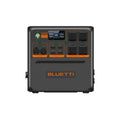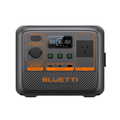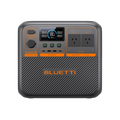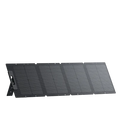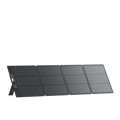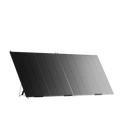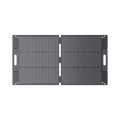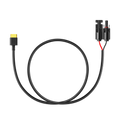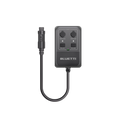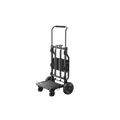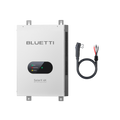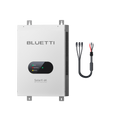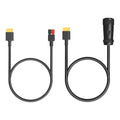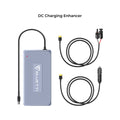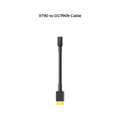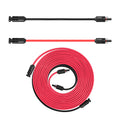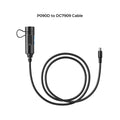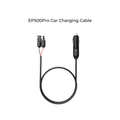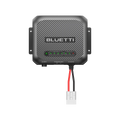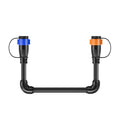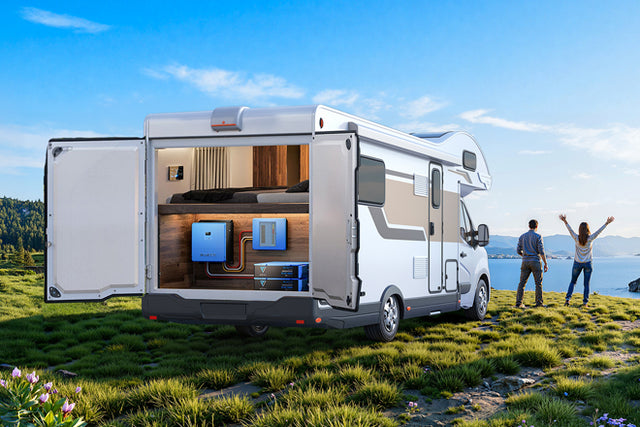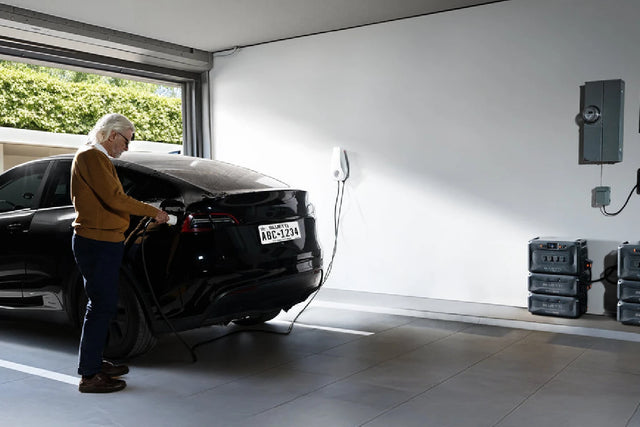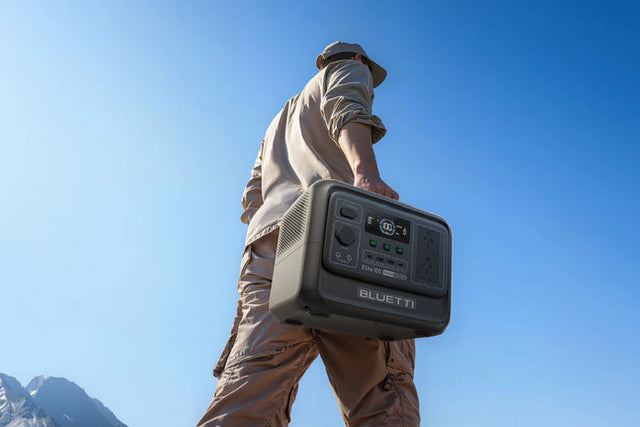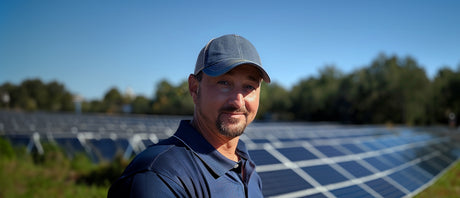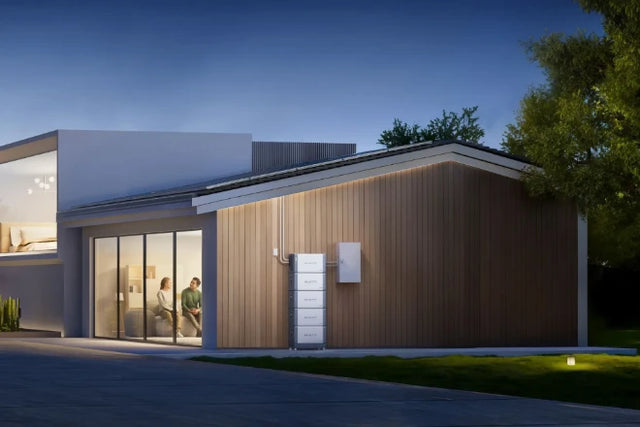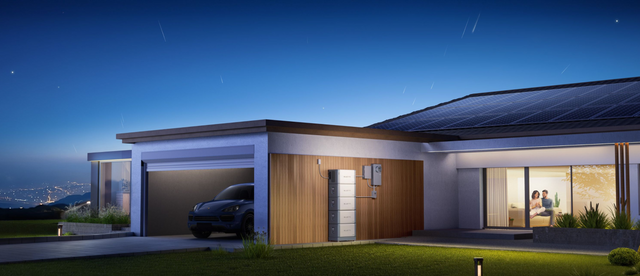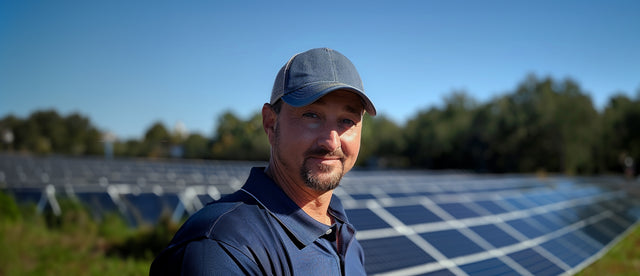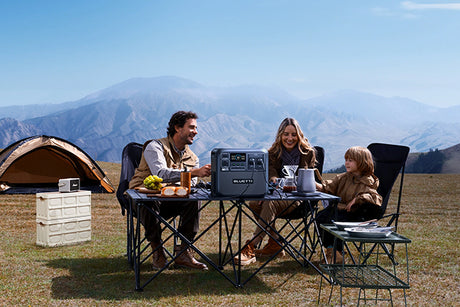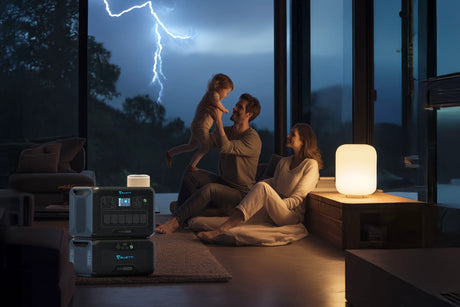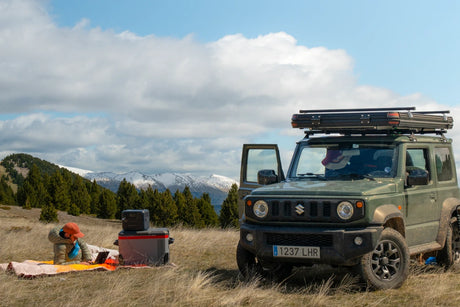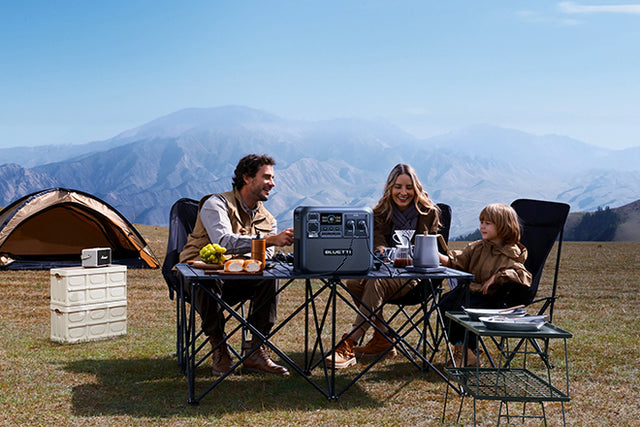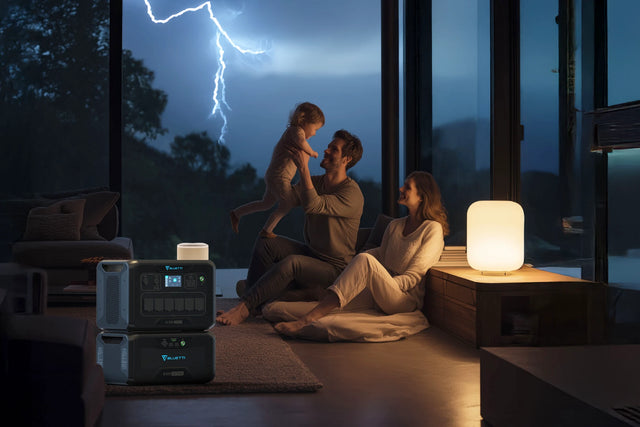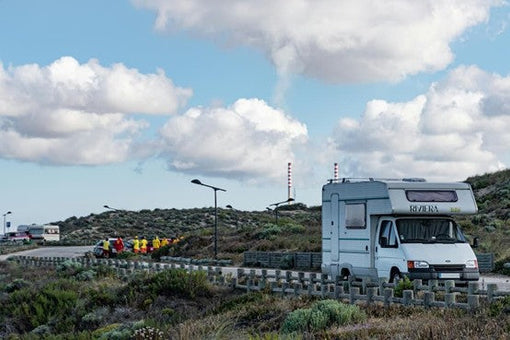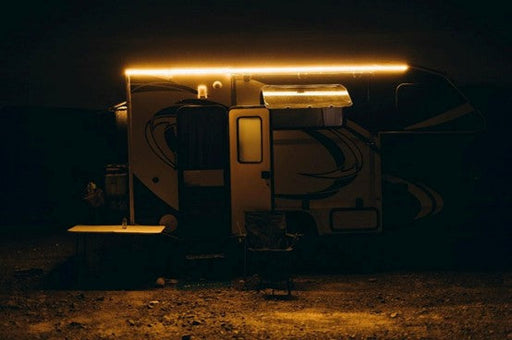Generators are used to provide power when the electricity grid goes down and you're left in the dark, unable to run the equipment, appliances and devices you need, whether at work or in your home. They're a common sight on job sites across Australia where there may be no electricity supply yet. And you’ll find them at campsites and in off-grid setups where Aussies want to get away from it all but still stay connected, to work and friends and family.
If you're thinking of getting a generator for your home, business or other use, choosing the right one is essential to suit your needs. That means you get the power production you require as well as potentially saving yourself lots of money and helping to protect the environment when using your generator.
Here, we take a look at two types of generator: inverter and regular, or traditional, so you can decide which might be better for you. One is great for fuel-efficiency while the other is better suited to appliances and devices that need a high level of power.
What’s the Difference Between an Inverter Generator and a Regular Generator?
If you're on the hunt for a generator and looking at various models, you'll notice different types -- a traditional kind and an inverter option -- and it may not be clear what exactly they do that's different. After all, you just want power, whether for a home or work backup in case of an electricity outage or if you're planning a getaway in one of Australia’s beauty spots.
The main difference with an inverter generator vs regular generator is how electricity is generated and how it's delivered to the various kinds of appliances, equipment and devices you want to run.

Are you planning to use a regular, or traditional, generator as a power backup for your sensitive electronic devices, for instance? It might not be the best choice, as this kind is designed to power appliances with large power requirements.
These are the main differences between the two:
Traditional Generator:
- Generates AC (alternating current) power directly, which is good for large power loads.
- Runs at fixed speed (usually 3600 RPM) regardless of power demand, so you use more fuel.
- Can be noisy (50-90 dB) and less fuel-efficient.
Inverter Generator:
- Converts AC to DC and then back to AC, meaning you get cleaner power that's safe for sensitive electronics like mobile phones, laptops and TVs (also medical equipment).
- Adjusts speed based on power demands, so if requirement is low, because you're not running that many appliances, it operates at a lower level and uses less fuel.
- Quiet operation (40-60 dB), making it ideal for home and also outdoor settings such as campsites.
Key Factors to Consider When Choosing a Generator
It's tempting to try get your hands on the most powerful generator for your money, in the hope of running as many appliances and devices as possible, and for as long as you can. But more power is not always the best choice; neither is spending more than you need to.
So look at the performance aspects of an inverter generator vs regular generator and their features and align them with the kind of appliances and equipment you want to power.
Here's how the two compare:
Power Quality
- Traditional Generator: As it generates AC power, you may see fluctuations in voltage, and that means it's not suitable for electronics, as a surge in electricity could damage their sensitive components.
- Inverter Generator: Stable electricity supply as it converts power from AC to DC and back to AC, making it ideal for electronics as well as appliances.
Fuel Efficiency
- Traditional Generator: Runs at constant speed of around 3600 RPM, no matter what the requirements of the appliances connected to it. So if you're not using many, it will still use a lot of fuel.
- Inverter Generator: Regulates its speed automatically depending on how many devices and appliances it's powering -- resulting in more efficient fuel use and fewer harmful emissions.
Noise Level
- Traditional Generator: It can be loud, and disruptive, from 70 to 90 decibels, which is about the same noise level of a vacuum cleaner.
- Inverter Generator: A lot quieter, between 50 and 60 decibels -- a safe level of noise and comparable to the hum of a fridge.
Portability
- Traditional Generator: Typically big and heavy, making them difficult to move around, although some come with wheels.
- Inverter Generator: More compact and much lighter, and usually with handles so you can transport them with ease.

Parallel Capability
- Traditional Generator: Usually can't be connected to another generator to get more power.
- Inverter Generator: Can connect to other units so you can increase power output.
Upfront Cost
- Traditional Generator: Cheaper but high and ongoing costs for fuel purchases.
- Inverter Generator: More expensive upfront but lower fuel costs due to higher efficiencies.
Which Generator is Right for You?
When weighing up an inverter generator vs regular generator, you also need to keep in mind where you're planning to use it, and how. You might be planning to keep it as a backup for emergency power during a storm that might take down the grid -- something that's becoming an increasingly frequent occurrence around Australia.
Or you might be planning a weekend getaway at a campsite and want to power your evenings with light and use refrigeration and cooking appliances, as well as recharging your essential devices like your mobile.
Your job might make it necessary to bring along your own power generator, so you can get to work on a site with no electricity connections.
These are some scenarios to help you decide which generator might be right for you.
Home Backup Power
- Best Choice: Traditional generator (higher wattage, able to run big appliances like fridges and AC and at the same time).
- Alternative: Large inverter generator, for clean power, quieter operation and savings on fuel, as you won't be using as much.
BLUETTI Alternative:

BLUETTI AC500 + B300K: A solar-powered alternative to traditional generators.
- 5,000W AC output (10,000W Surge) and expandable capacity up to 18,432Wh.
- Seamless 20ms UPS Function
- Solar charging capabilities (up to 3,000W) for off-grid living.
Camping & Outdoor Adventures
- Best Choice: Inverter generator due to quiet operation, fuel efficiency and portability.
- Why?: Won't disturb outdoor settings, including wildlife and fellow campers. Can run low-power devices like lights, a fridge and small heaters.
BLUETTI Alternative:
BLUETTI AC180 + PV120D Solar Panel: Ideal for camping and featuring 1,800W AC output (boost mode to 2,700W).
- 1,152Wh battery capacity, giving you overnight power.
- Lightweight and portable, and can be recharged anywhere.
- Super-fast charging -- 80% in just 45 minutes via AC.
Job Sites & Heavy-Duty Use:
- Best Choice: Traditional generator for heavy-duty power tools and big loads.
- Alternative: Inverter generator for small, mobile job sites that don’t need heavy power loads.
BLUETTI Alternative:
BLUETTI AC240: A portable power solution suitable for challenging settings.
- 2,400W AC output (3,600W surge), letting you use power tools with no problems
- 1,536Wh Battery -- can expand by connecting additional battery packs
- IP65 Water & Dust Resistant, making it ideal for rugged outdoor environments
- 1,200W Solar Charging, so fuel is not required
- Super Fast AC Charging – 80% in less than an hour (45 minutes)
RV & Van Life:
- Best Choice: Inverter generator for RVs so you have fuel efficiency and can use small appliances.
- Why?: Quieter, low fuel consumption and won’t harm sensitive electronics like laptop and mobiles because the current is stable.
BLUETTI Alternative:
BLUETTI AC200L: Ideal for RVs and has 2,400W AC output (4,800W surge).
- 2,048Wh battery and expandable (using the B300K).
- Solar charging allows you to stay off-grid for longer trips.
- Fast charging (80% in 45 minutes via AC).

Inverter Generator vs Regular Generator -- Which One Should You Buy?
By now, you should have a solid idea of which type of generator is right for you and your power needs as well as your lifestyle and the surrounding environment. You've seen how they compare in terms of the amount of power they generate, how easy or difficult they are to carry around and manoeuvre into place and also the cost.
Here's a wrap of the features so you're no longer asking yourself, What's the difference between a generator and an inverter?
Choose an Inverter Generator if you need:
- Clean and stable power – No fluctuations in power as it delivers a stable supply, so it’s the right choice to recharge your phones, laptops, GPS devices and use with other sensitive electronics, such as medical equipment.
- Fuel efficiency – You’ll save fuel due to the inverter generator’s ability to meet output with the demand of appliances and devices. And you’ll also be reducing harmful emissions.
- Quiet operation – It’s not as noisy and disruptive, which can cause problems with neighbours at home and also out in the wild, as well as any creatures that may be nearby.
- Portability – No struggling to get this generator around as it’s much easier to carry, get in and out of your vehicle and also to set up in a camping or other environment.
- Renewable power options – You don't have to worry about toxic fumes and having to have lots of fuel supplies, as some models, such as BLUETTI’s, run on stored solar power, giving you the advantage of charging wherever you happen to be, and for free.
Opt for a Traditional Generator if you need:
- High power output – For when you want to operate heavy appliances, such as on a job site, or to power your entire home in the event of an electricity outage.
- Lower upfront cost – You won’t have to spend as much to buy a traditional generator but you will have an ongoing cost to keep buying fuel so it can run, and that can be expensive over time.
- Simple, rugged use – If you want to use a generator in challenging situations and where size and also lots of noise aren’t really a concern, a traditional generator is the answer.
- No need for parallel capability – You won’t need to connect up additional battery packs as a traditional generator has all the power you will need, whatever the task.
A Smarter Way to Power Your Life
Technology is constantly changing our lives, and it includes the way we power them. We no longer have to rely on equipment like traditional generators that sometimes create more problems than they solve -- massive amounts of noise and toxic pollution -- when more modern versions are more in line with our requirements.
It's about fitting in with our lifestyles, and along with helping to save the planet, we can also save some money too, with the right kind of generator. Inverter generators offer Australian consumers more choice and features than ever, compared to the regular kind, so they’re more aligned to what you actually need, instead of needlessly generating more, and reducing the amount of fuel you use.
Going a step further, Aussies can take advantage of the latest developments in solar technology to power their homes when there's an outage or to take a generator on the road or to a power-free work site. There's minimal fuss, almost no maintenance required -- because there's no fuel or oil, or moving parts -- and you get your power entirely for free, from the limitless energy of the sun.
Plus, you'll be doing the environment a huge favour by not burning fuel and releasing harmful chemicals. Your neighbours will thank you too, as there's no noise at all. A power generation win all round.


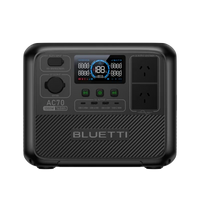
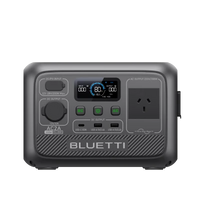
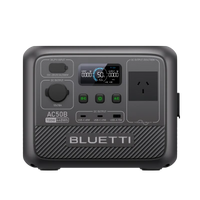

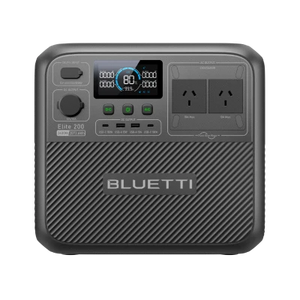
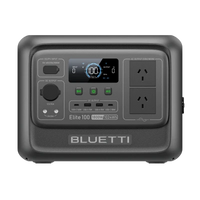
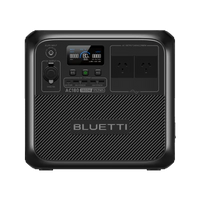
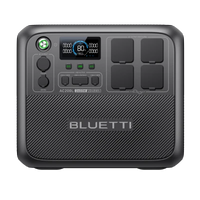
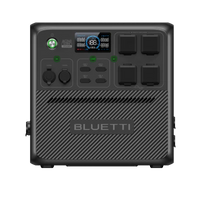
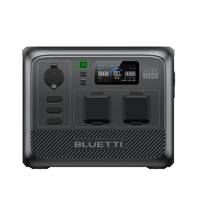
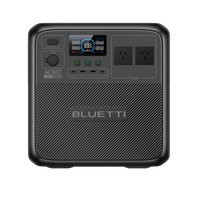


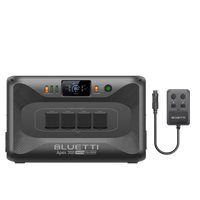

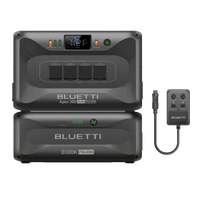
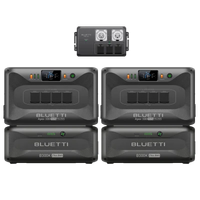
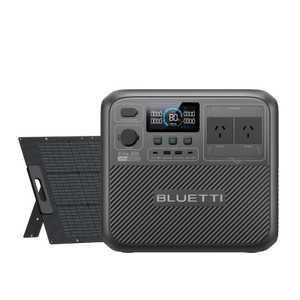
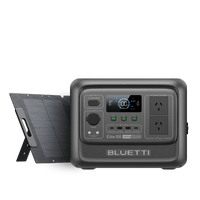
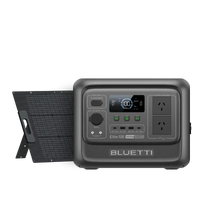
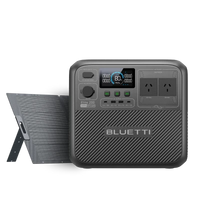
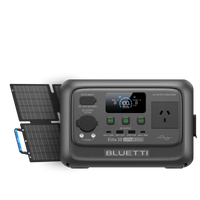
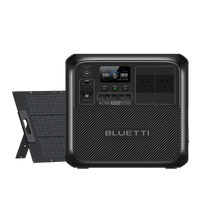
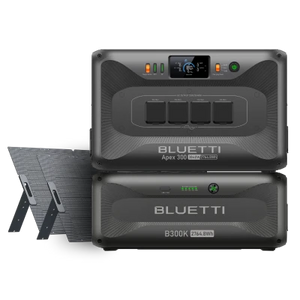
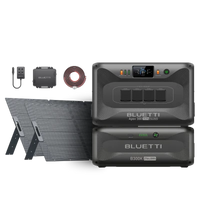
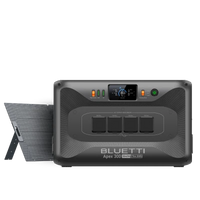
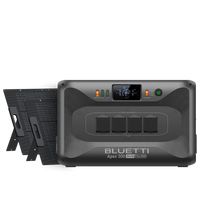
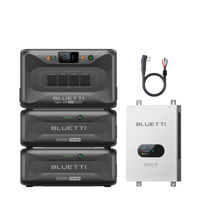

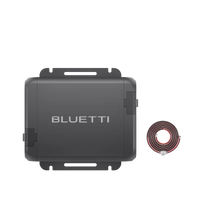
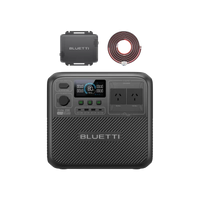
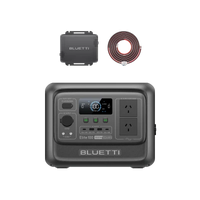
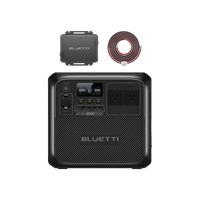
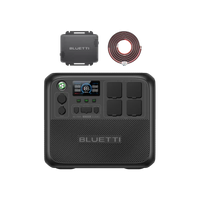
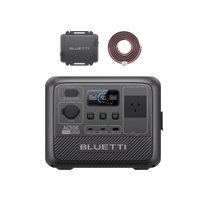
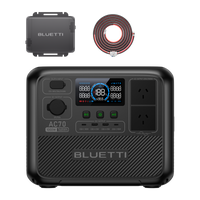


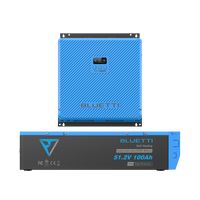
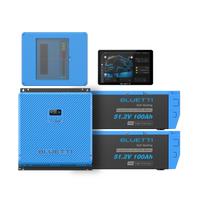
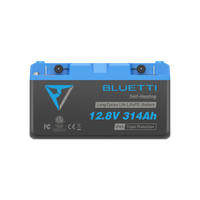
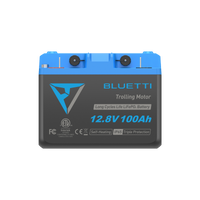
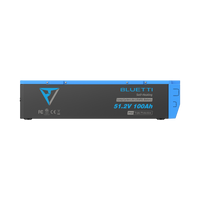
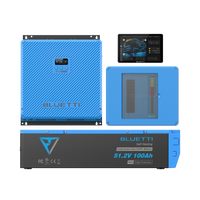
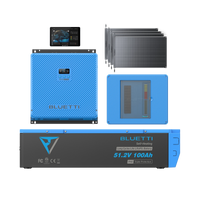
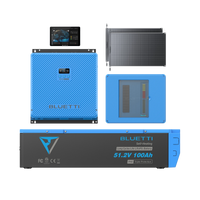
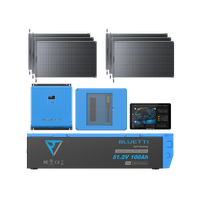



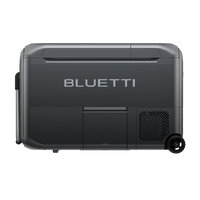
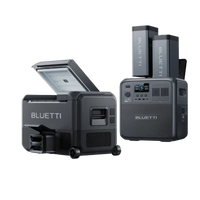
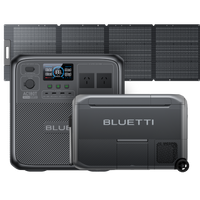
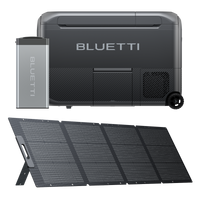
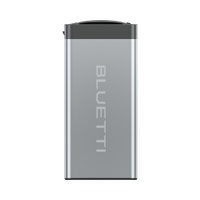
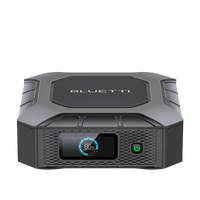
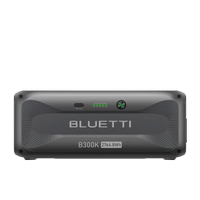

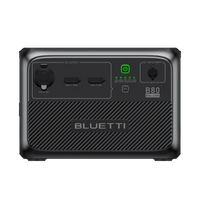
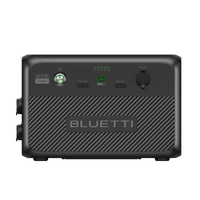

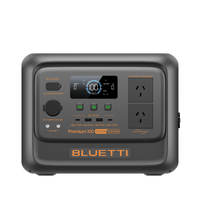
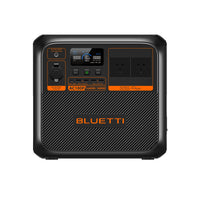

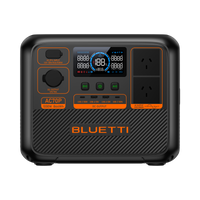
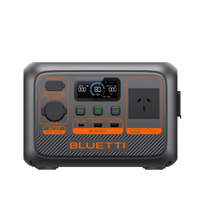
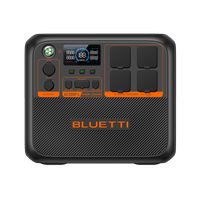
![[Phased Out] BLUETTI B80P Expansion Battery | 806Wh](http://www.bluettipower.com.au/cdn/shop/files/202310025B80P_2000-2000px_4_4caa0c1c-4dab-4272-9e9b-2b7507e5bd81.jpg?v=1713777870&width=200)
![[Phased Out] BLUETTI B210P Expansion Battery | 2,150Wh](http://www.bluettipower.com.au/cdn/shop/files/2_08cf9ef3-03a4-4489-b641-d3edb8094896.webp?v=1716016566&width=200)
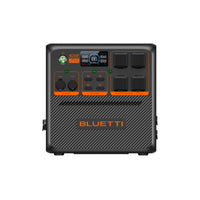
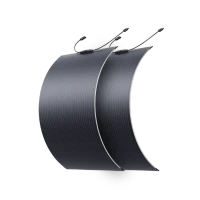
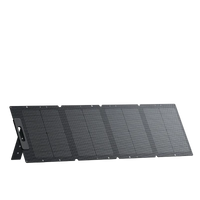
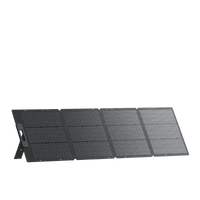
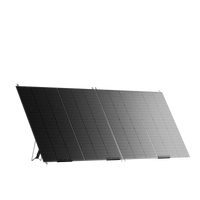

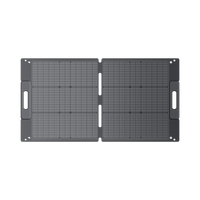

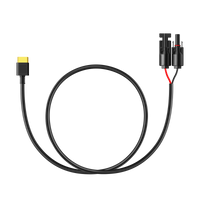
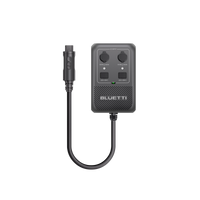
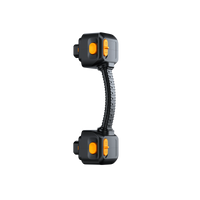
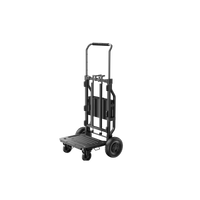
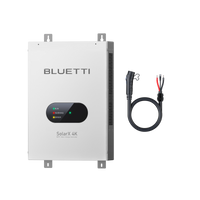
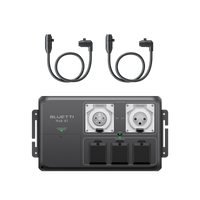
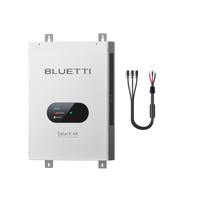
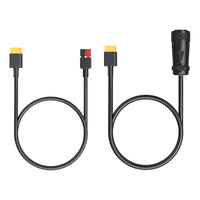
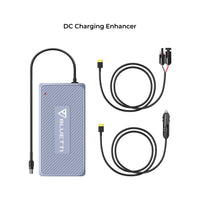

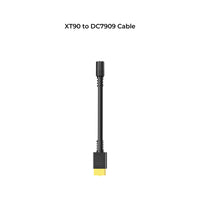
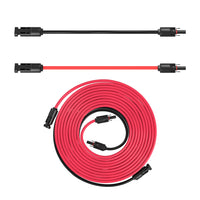
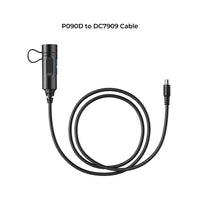
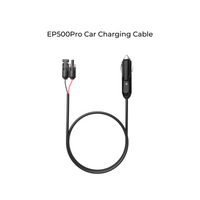
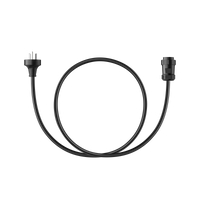
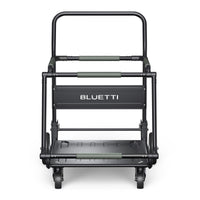
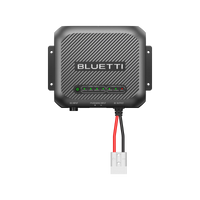
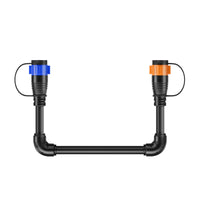



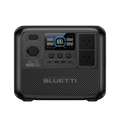
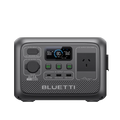
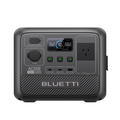


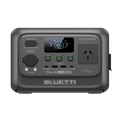
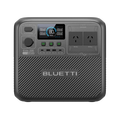
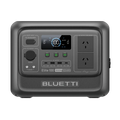
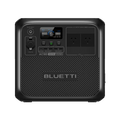
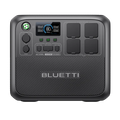
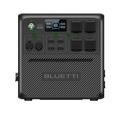
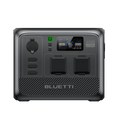
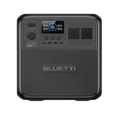


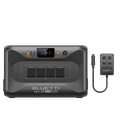

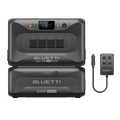
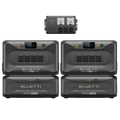




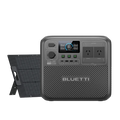
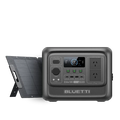
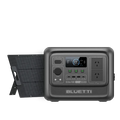
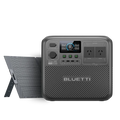
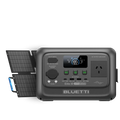
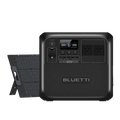
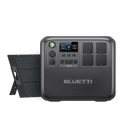
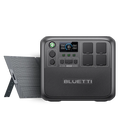




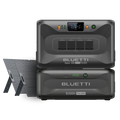
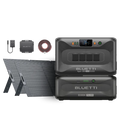
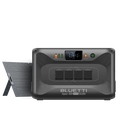
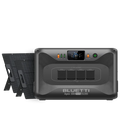
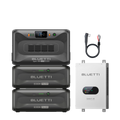


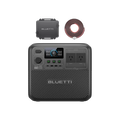
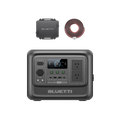
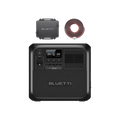


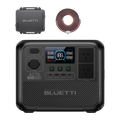
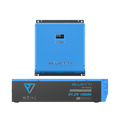
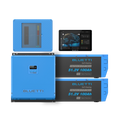
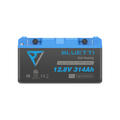



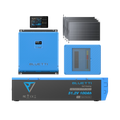

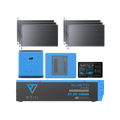





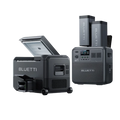
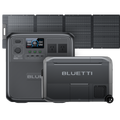
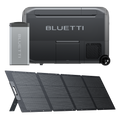

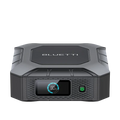



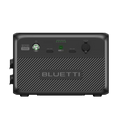


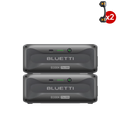
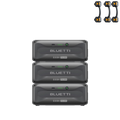




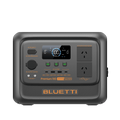
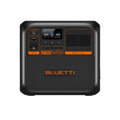

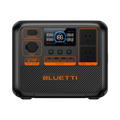
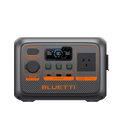

![[Phased Out] BLUETTI B80P Expansion Battery | 806Wh](http://www.bluettipower.com.au/cdn/shop/files/202310025B80P_2000-2000px_4_4caa0c1c-4dab-4272-9e9b-2b7507e5bd81.jpg?v=1713777870&width=120)
![[Phased Out] BLUETTI B210P Expansion Battery | 2,150Wh](http://www.bluettipower.com.au/cdn/shop/files/2_08cf9ef3-03a4-4489-b641-d3edb8094896.webp?v=1716016566&width=120)
